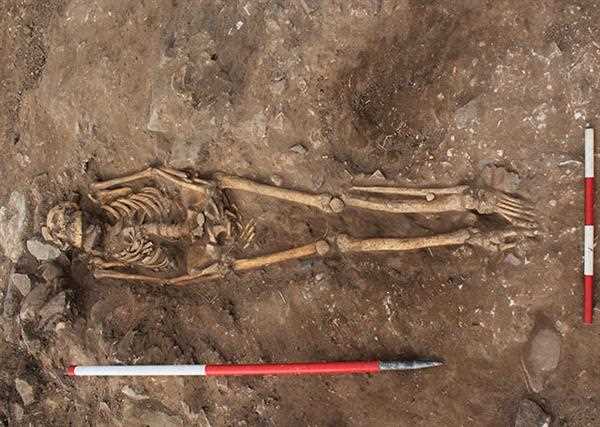The Science Behind the Decay of the Human Body
The process of death and decay of the human body is an inevitable aspect of life that has intrigued scientists, theologians, and philosophers for centuries. The science behind the decay of the human body is referred to as Taphonomy, which is the study of the transformation of organic remains from the time of death to the final stage of decomposition. In this article, we will delve into the science behind human body decay, examining the various stages of decay and the factors that contribute to this process.
Stages of Decay:
The process of human body decay can be broadly divided into four stages: fresh, bloated, decay, and dry.
Fresh Stage: This stage begins immediately after death and it lasts for several hours. During this stage, the body's muscles begin to relax, and rigour mortis sets in, causing the body to stiffen.
Bloated Stage: The next stage is the bloated stage, which occurs between 24-72 hours after death. During this stage, the body begins to decompose, and the production of gases from bacteria in the gut results in bloating.
Decay Stage: The decay stage is characterized by the breakdown of soft tissue and the formation of foul odours. During this stage, bacteria and insects play a crucial role in breaking down the body, which attracts scavengers and predators.
Dry Stage: The final stage of decay is the dry stage, which occurs several weeks to several months after death. During this stage, the body has lost most of its moisture and is reduced to bones, hair, and nails.

Factors that Contribute to Decay:
The rate of decay of the human body is influenced by various factors, including temperature, humidity, and the presence of insects and bacteria.
Temperature: High temperatures accelerate the process of decay, while low temperatures slow it down. In warm temperatures, bacteria and insects are more active, which speeds up the decomposition process.
Humidity: High humidity also accelerates the process of decay, while low humidity slows it down. High humidity provides an ideal environment for bacteria and insects to thrive, which contributes to the rapid decay of the body.
Insects and Bacteria: Insects and bacteria play a crucial role in the process of human body decay. Bacteria in the gut and other organs release gases that cause bloating, while insects such as flies, beetles, and ants feed on the decaying tissue, contributing to the breakdown of the body.
The science behind the decay of the human body is a complex process that involves various stages and factors. Understanding the process of human body decay is important for forensic scientists, archaeologists, and medical professionals, who use this knowledge to determine the time and cause of death. Understanding the process of decay also provides insight into the cycle of life and death and the natural processes that govern our world.